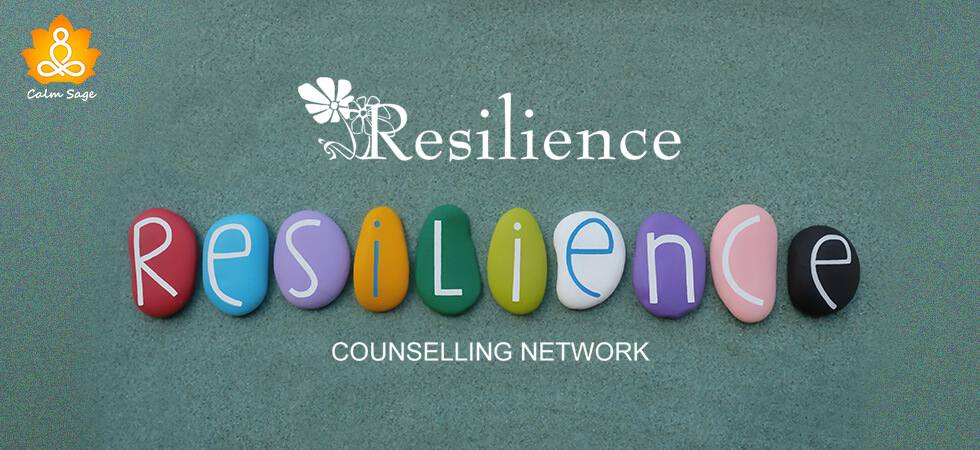Behavioral Addiction, What Is It? | Types, Signs, Consequences,Treatment
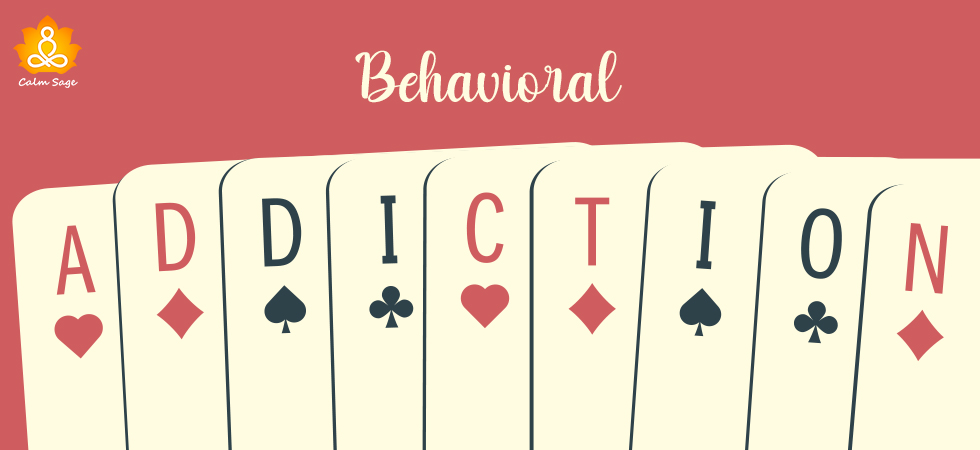
When you hear the word addiction the few words that come to mind, I’m sure, are alcohol, drugs, and nicotine. Am I right?
Most people seem to understand alcohol addiction, drug addiction, or dependence on other addictive substances but when it comes to understanding behavioral addiction, most people are left scratching their heads.
You must be wondering what is behavioral addiction and how is it different from substance addiction? Don’t fret, in this article, I’ll explain the meaning, types, and signs of behavioral addiction along with the potential consequences of addictive behaviors.
Let’s begin by understanding addictive behaviors, shall we?
What Is Behavioral Addiction?
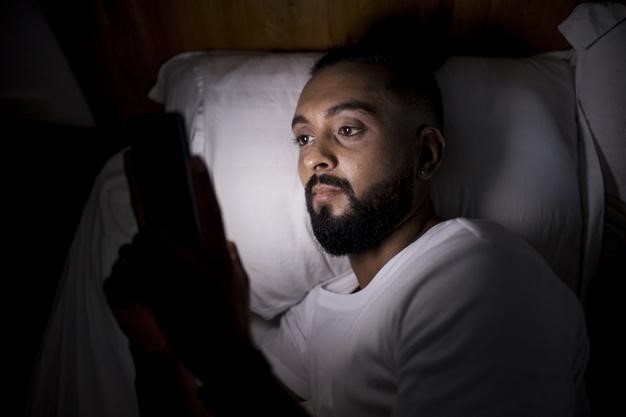
Maybe you like to shop or play video games in your downtime. Everybody needs an activity to pass the time, after all, right? But when those activities have a strong grip on your mind and won’t let you focus on your daily tasks, then it can be considered as addictive behavior.
Addictive behaviors are best defined as activities that people can get addicted to are normal day-to-day activities yet they can make everyday life a challenge and a struggle.
Addictive behavior makes people seek out opportunities wherever they can to engage in the behavior. The struggle and desire to find and experience the “high” is so strong that it can disrupt a person’s daily life.
Behavioral addiction, while not officially recognized as a “real” addiction, can lead a person to experience withdrawal symptoms.
In fact, the only behavioral addiction officially recognized by the DSM-5 is Gambling Addiction. Other behavioral addictions include sex addiction, shopping addiction, addiction to self-injury, or addiction to plastic surgeries.
Behavioral Addiction vs Substance Addiction
Behavioral addictions, also known as process addictions are somewhat similar to substance addictions as they both can leave a long-lasting negative impact on a person’s different aspects of life and wellness.
In relationships, behavioral addictions, and substance addictions the effects are similar. In the search for the “high”, relationships are often neglected and leave the pressure of covering up for the problems caused due to the addiction on the partner and family members.
With the help of a psychiatrist, who specializes in treating behavioral addictions, you can change your patterns, improve your relationships with others, and cope using healthy practices.
Signs Of Behavioral Addiction
Dealing with addictive behaviors is not easy as it is one of the most misunderstood types of addictions. However, understanding the signs and symptoms of behavioral addiction can help get the right professional help.
Signs of behavioral addiction can be:
- Thinking about spending or spending more time engaging in a certain activity
- Having dependence on the behavior to cope with emotions
- Continuing with the behavior despite mental, emotional, or physical harm
- Facing difficulty in cutting back on the behavior or stop engagement
- Ignoring or inability to focus on work, schoolwork, or with family and friends
- Experiencing withdrawal symptoms such as irritability or anxiety
- Hiding the problem or extent of it from others
Types Of Behavioral Addictions

Although many of the addictions are not officially recognized or acknowledged by the DSM-5, there are still many types of behavioral addictions that can be harmful to your overall health and wellness.
List of addictive behaviors:
Consequences Of Behavioral Addiction
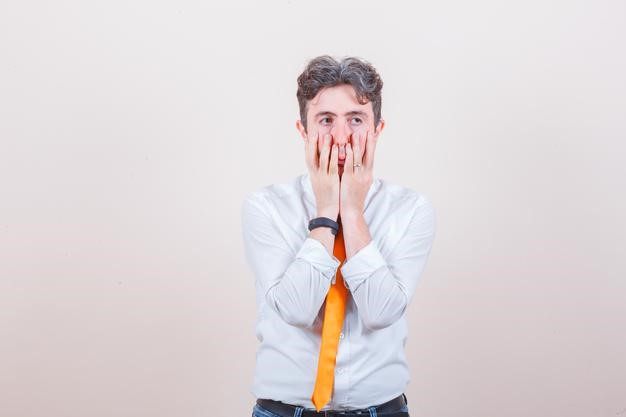
Despite it not being recognized as a real addiction, behavioral addictions can still cause severe problems and disruptions in a person’s daily life, routine, and relationships. This addiction can cause psychological distress and can be hard to move on from.
Many a time, people struggling with addictive behaviors may realize the toll their activities are taking on the people near to them, their work, home life, and their relationships. They may also realize that the losses they incur because of their addictive behaviors are too large.
The activity that once seemed fulfilling might eventually become a burden and one that is difficult to move on from.
Note: If your behaviors and activities are disrupting your work life, home life, relationships, or your overall health and wellness, immediately consult a mental health professional.
Treatment & Coping With Behavioral Addictions
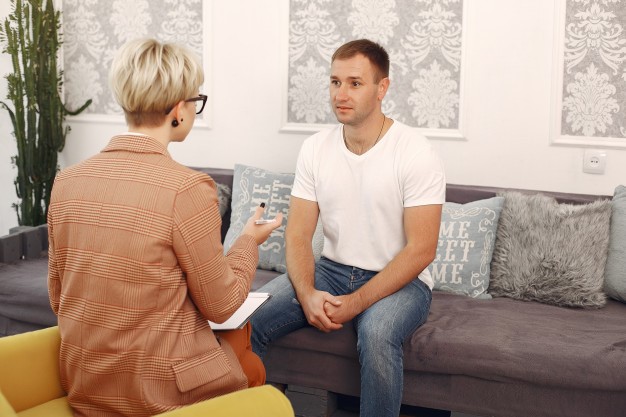
For people struggling with behavioral addictions, treatments are available. Treatment options developed to treat substance addictions, fortunately, work with behavioral addictions as well. With the help of a psychologist or a psychiatrist, you can overcome your addiction and move forward in your life.
Treatment options might include:
Coping with behavioral addiction can be a little challenging. Many people struggling with this addiction try to minimize their addiction and, in any case, not many people take behavioral addiction as seriously as substance addiction.
The first step you can take in coping with behavioral addiction is to acknowledge the problem. Understand that your addictive behavior is causing disruptions in your daily life.
Steps to help you in coping if you don’t feel the need to seek help at this point can be:
- Identify the trigger. People, places, situations, etc, that might trigger your compulsion to engage in your addictive behavior.
- Try to come up with solutions or coping strategies to help your mind distract you from the urge to engage, avoid the triggers, or eliminate them, if necessary.
- Creating a solid support system to help you distract yourself when the urge to engage in addictive behavior strikes.
The majority of people struggle with behavioral addiction and while they can disrupt a person’s day-to-day life, it is also possible to recover from them.
Help is available! No matter what your addiction is!



